Description
Discover the Clever Raccoon: A Unique Exotic Pet Option
Raccoons, with their mischievous personalities and distinctive masked faces, have captured the hearts of many animal lovers. These intelligent and curious creatures are becoming increasingly popular as exotic pets. However, adopting a raccoon is not a decision to be taken lightly. Raccoons are wild animals with specific needs and behaviors that require dedicated care and attention. If you’re considering bringing a raccoon into your home, let’s explore what makes them such fascinating companions and what it takes to care for them responsibly.
Introduction to Raccoons
The raccoon (Procyon lotor) is a medium-sized mammal native to North America but has also been introduced to other parts of the world. Known for their dexterous front paws, masked faces, and ringed tails, raccoons are highly adaptable and thrive in a variety of environments, from forests to urban areas. While they are undeniably cute and entertaining, raccoons are wild animals with complex needs that must be met in captivity.
Physical Characteristics
Raccoons are easily recognizable by their unique features:
- Size: They typically weigh between 10 to 30 pounds, with males being larger than females.
- Coat: Their fur is thick and grayish-brown, with a distinctive black “mask” over their eyes and a bushy tail with alternating black and gray rings.
- Paws: Raccoons have highly sensitive and dexterous front paws, which they use to manipulate objects and forage for food.
- Lifespan: In the wild, raccoons live 2 to 3 years, but in captivity, they can live up to 15 years with proper care.
Behavior and Temperament
Raccoons are highly intelligent, curious, and playful animals. They are nocturnal, meaning they are most active at night. In the wild, raccoons are solitary creatures, but they can form bonds with their human caregivers in captivity. However, their wild instincts remain strong, and they can be mischievous, destructive, and even aggressive if not properly socialized and cared for.
Care Requirements for Raccoons
1. Housing
Raccoons need a spacious and secure enclosure that allows them to climb, explore, and play. An outdoor enclosure with climbing structures, hiding spots, and enrichment activities is ideal. Indoors, raccoons require a safe, raccoon-proofed space to prevent them from causing damage or escaping.
2. Diet
Raccoons are omnivores and have a varied diet in the wild. In captivity, their diet should include a mix of high-quality cat or dog food, fruits, vegetables, nuts, and occasional protein sources like eggs or cooked meat. Avoid feeding them processed or sugary foods.
3. Exercise and Enrichment
Raccoons are highly active and intelligent animals that need plenty of mental and physical stimulation. Provide toys, puzzles, and opportunities to forage to keep them engaged. Regular playtime and interaction with their owners are also essential.
4. Social Needs
While raccoons can form strong bonds with their human caregivers, they are not domesticated animals. They require consistent socialization from a young age to build trust and reduce aggressive behaviors. Raccoons may not get along with other pets, so careful introductions are necessary.
Legal Considerations
Owning a raccoon is subject to strict regulations that vary by location. Many states and countries require permits or outright prohibit raccoon ownership due to their status as wild animals. Always research local laws and obtain the necessary permits before considering raccoon adoption.
Why Adopt a Raccoon?
Adopting a raccoon is a unique opportunity to connect with one of nature’s most intelligent and adaptable creatures. Their playful and curious nature can bring joy and entertainment to your life. However, raccoon ownership is not for everyone. It requires a significant commitment of time, resources, and patience to ensure their well-being.
Interesting Facts About Raccoons
- Raccoons are known for their problem-solving skills and can open latches, jars, and even doors.
- Their front paws are so sensitive that they can identify objects by touch, even in complete darkness.
- Raccoons are excellent climbers and swimmers, making them highly adaptable to various environments.
- In the wild, raccoons are known for “washing” their food in water, a behavior that enhances their sense of touch.
Conclusion
The raccoon is a fascinating and intelligent animal that can make a unique and rewarding companion for the right person. However, their wild nature and specific care requirements mean they are not suitable for everyone. If you are prepared to provide the time, effort, and resources needed to care for a raccoon, you could be rewarded with a lifelong bond with one of nature’s most clever creatures. Before proceeding, ensure that you fully understand the responsibilities and legal requirements associated with raccoon ownership.
At exoticpetscare.com, we are committed to helping you find the perfect exotic companion. Contact us today to learn more about adopting a raccoon and to explore other exotic pet options available to you.

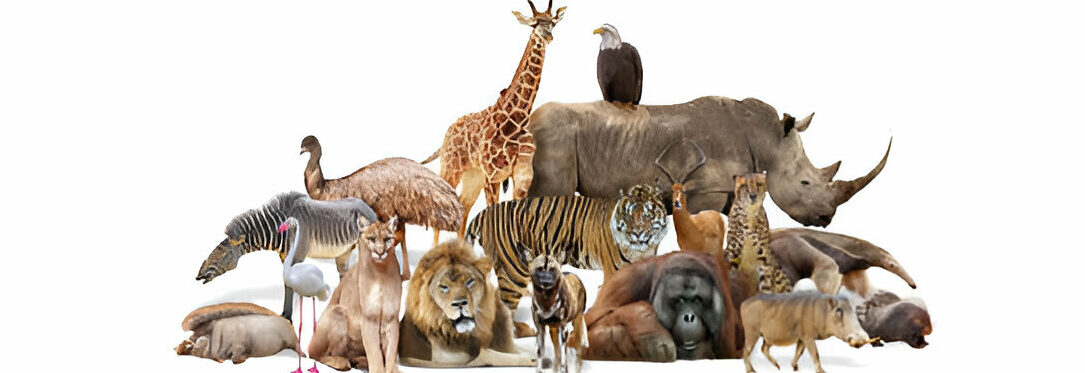
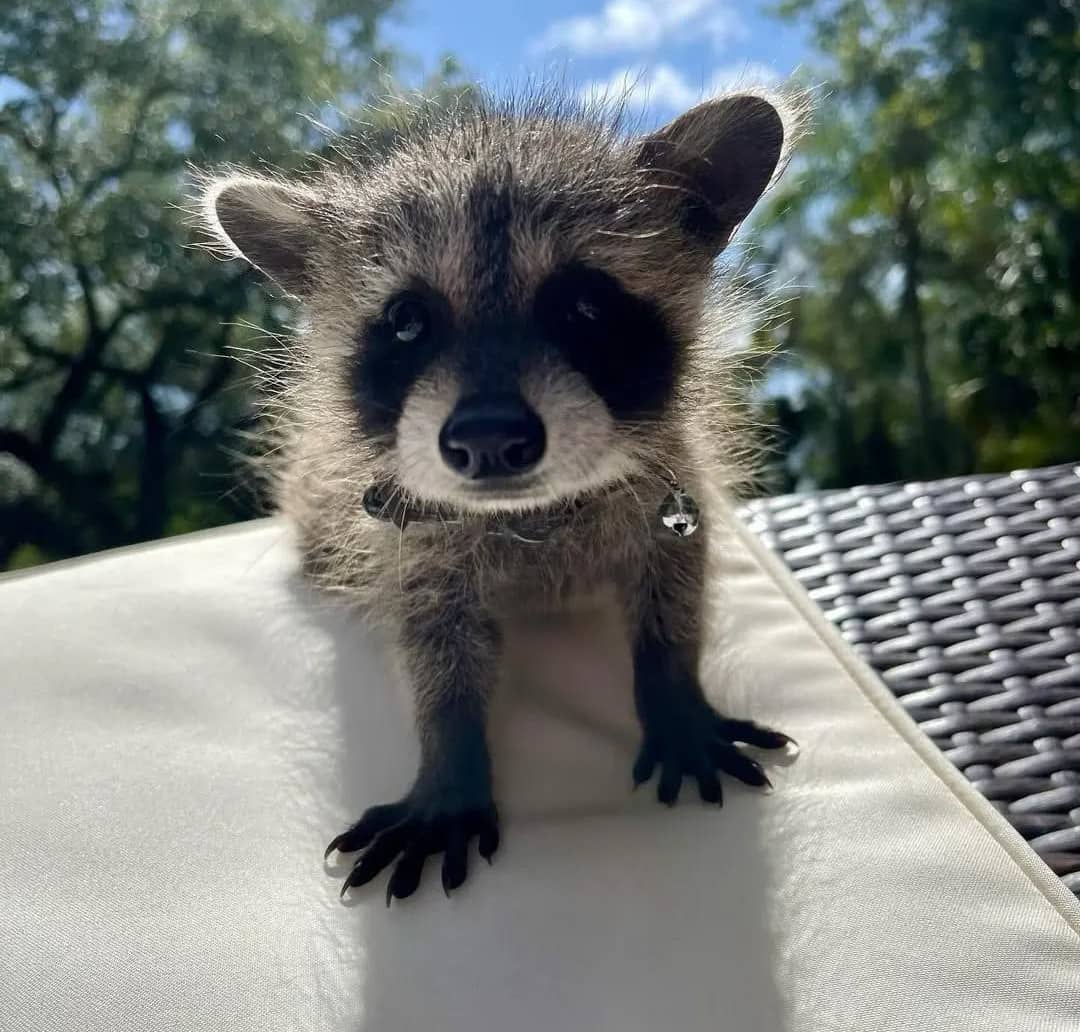
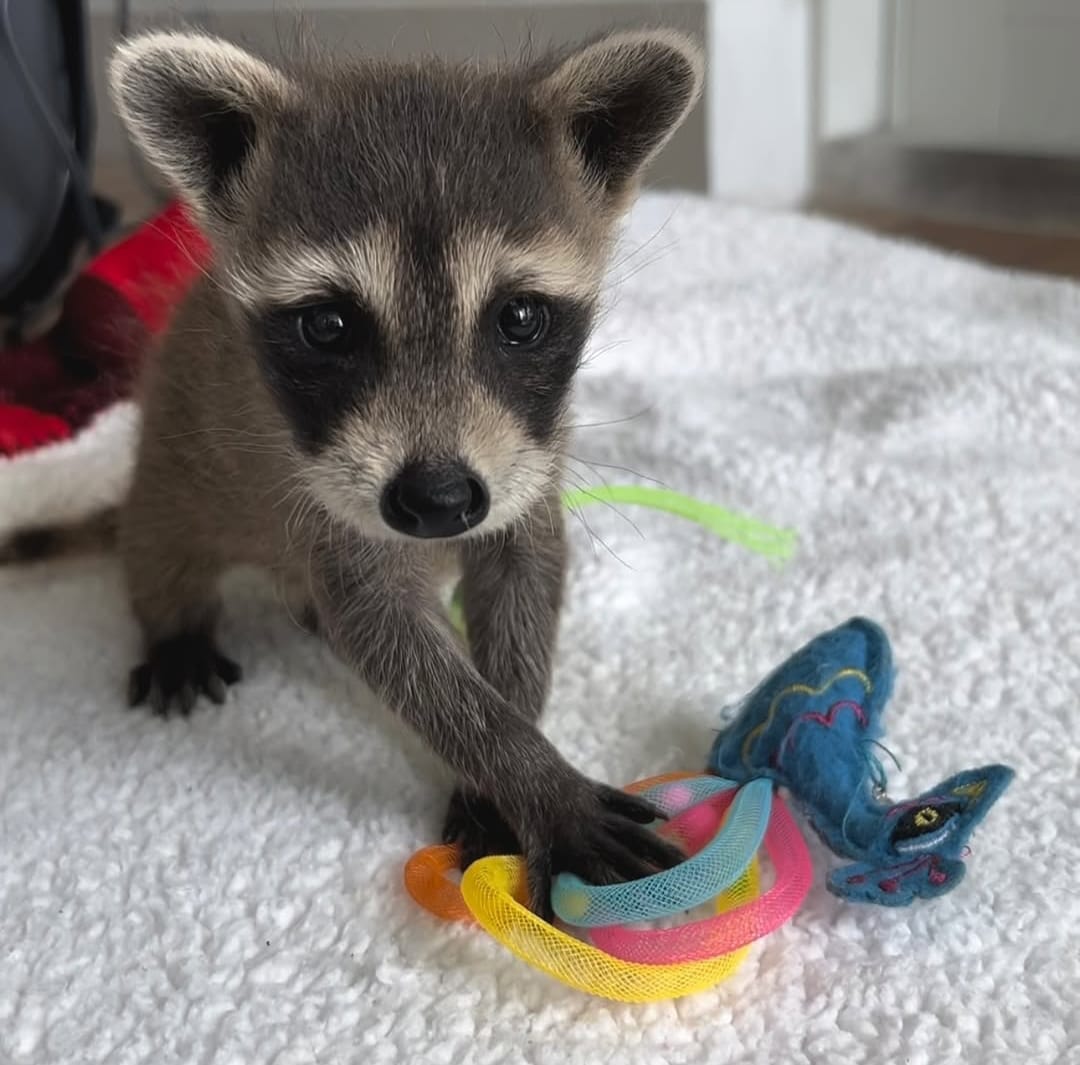

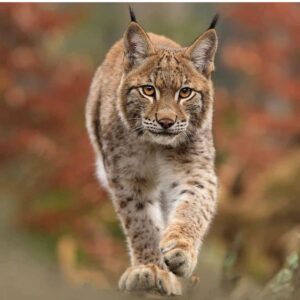
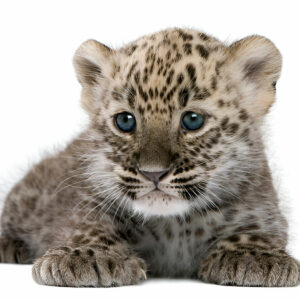

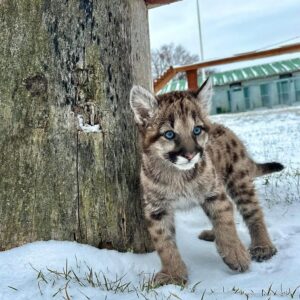
Reviews
There are no reviews yet.